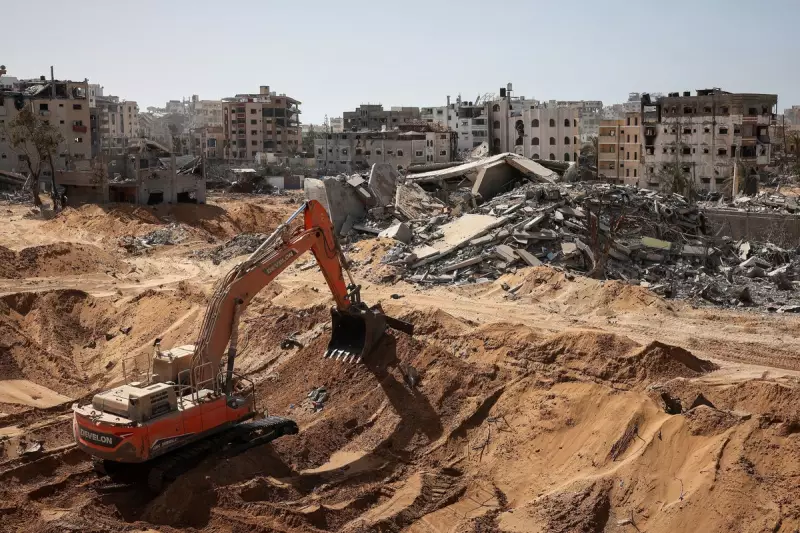
Hamas has formally submitted its response to the latest Gaza ceasefire proposal, setting the stage for critical negotiations that could determine whether the devastating conflict enters a new phase of de-escalation or intensification.
Mediators Scramble as Deadline Looms
Qatari and Egyptian mediators are urgently reviewing Hamas's position on the US-backed peace deal, with officials indicating significant progress has been made but several key issues remain unresolved. The response comes after weeks of intense shuttle diplomacy between the warring parties.
Core Demands and Counter-Proposals
While the exact details of Hamas's response remain confidential, sources close to the negotiations suggest the group has addressed several critical components:
- Phased ceasefire implementation: Hamas is seeking guarantees for a permanent cessation of hostilities
- Humanitarian provisions: Demands for increased aid delivery and reconstruction efforts
- Prisoner exchanges: Terms for the release of Israeli hostages and Palestinian detainees
- Israeli military withdrawal: Timetable for the pullback of forces from Gaza territories
Regional Implications and International Pressure
The timing of Hamas's response is particularly significant amid growing international concern about the conflict's regional spillover. Recent exchanges of fire along Israel's northern border with Hezbollah have heightened fears of a broader confrontation.
"This represents the most serious opportunity for peace we've seen in months," noted a Western diplomat familiar with the negotiations. "Both sides appear to be negotiating in earnest, but the devil remains in the details."
What Happens Next?
Israeli officials are expected to review Hamas's counter-proposal within hours, with preliminary indications suggesting they find some elements acceptable while others require substantial modification. The coming 48 hours are seen as crucial for determining whether the parties can bridge their differences.
International leaders, including US President Joe Biden, have intensified pressure on both sides to reach an agreement, warning that continued hostilities risk catastrophic humanitarian consequences and regional destabilisation.





